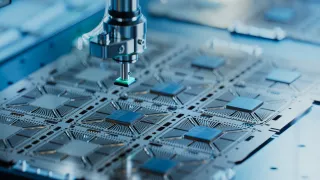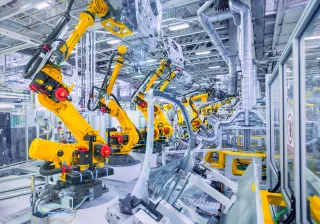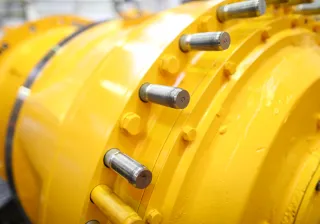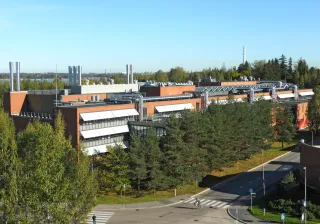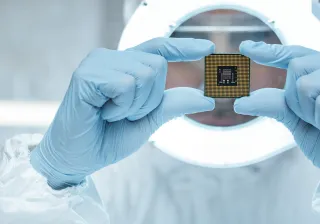Semiconductor technology forms an essential building block of our modern civilization and an enabler of society’s twin (green and digital) transition. As the global demand for semiconductors continues to surge, manufacturers are acting to increase their capacity. At the same time, the use of energy, water, and other resources by the semiconductor industry increases as wafer processing has become more complex, making it one of the most resource consuming industries globally. Policies on raw material resilience, circularity and climate mitigation will have a significant impact on emission reduction and material recovery strategies in the semiconductor industry. Therefore, innovative projects based on advanced technology should be incentivized to assist the semiconductor industry achieve circularity and to minimize its emissions.
The "ZeroChip" project has the goal of developing semiconductor chip fabrication towards a zero emission process. The project aims to significantly reduce the environmental impact of semiconductor manufacturing by proposing and finding ways to lower emissions from semiconductor manufacturing depositions by 50%. To achieve this, the project will focus on gaining a comprehensive understanding of the industry's starting point and identifying hotspots that need to be addressed to develop competitive circular solutions. Additionally, the project will work on advancements in material recycling and recovery to achieve higher upstream resilience, generate environmental services, and increase the international competitiveness of Finnish companies in international markets.
Another key objective of the "ZeroChip" project is to create a roadmap and blueprint for water management and material recovery. This includes evaluating technical and social aspects utilizing, among others VTT’s Micronova clean room pilot plant. The results will be used as input for a comprehensive assessment. The project also aims to broaden the knowledge base and identify potential for increasing material efficiency in the semiconductor industry, focusing on nano-scale material efficiency and circular business models.
"In the face of our planet's finite resources, the 'ZeroChip' project stands as an example of innovation and sustainability. As we strive to minimize the environmental footprint of semiconductor manufacturing, this initiative embodies VTT's commitment to pioneering resource-efficient technologies that pave the way for a greener industry. Together, we are not just engineering chips; we are shaping the future of sustainable business practices”, says Mona Arnold, principal scientist at VTT.
A collaborative ecosystem for change
The project is a collaborative effort to innovate solutions for semiconductor chips that achieve zero lifetime emissions, a goal that resonates with VTT's mission to develop clean energy solutions. Together with partners including Picosun, Murata Electronics, Eurajoki Group, and Sofi Filtration, VTT is working to halve emissions from semiconductor manufacturing depositions. As such, this initiative is a prime example of VTT's collaborative approach to innovation, bringing together industry expertise to tackle global challenges.
VTT's role in the project is multifaceted, encompassing research, development, and the application of cutting-edge technologies to reduce the environmental impact of semiconductor production processes.
VTT's expertise: the driving force
VTT's extensive research capabilities and deep understanding of material science are crucial in developing strategies for material recycling and recovery. The project leverages VTT's expertise to enhance upstream resilience, create environmental services, and extend Finland's technological influence on a wider international market.
Join us on the path towards a zero
VTT invites all stakeholders, from industry leaders to environmental advocates, to support the "ZeroChip" project. This initiative is a significant step towards VTT's strategic goal of increasing Finland's expertise in developing clean energy solutions.


